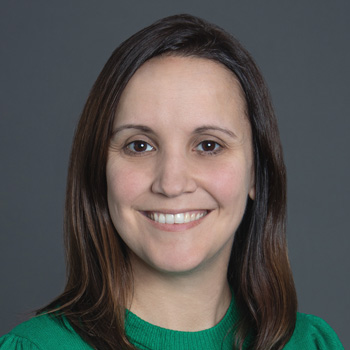Planning for Changes During the Coronavirus Pandemic and Beyond
July 16, 2020
By: Robert Craggs and Veronica Roof
The coronavirus pandemic has sent ripple effects across every industry. For the solid waste and recycling industry, it has led to major operational and facility changes, some of which may be lasting and could lead to improvements in overall efficiency. To effectively move forward, it is critical for programs and facilities to be ready to implement changes for a wide range of circumstances.
Safety Planning
Safety planning reduces illness and injuries to personnel and increases staff morale and retention. Personnel safety should always be the highest priority and can require significant innovation and adaptation in everyday activities. These safety best practices are critical in protecting essential workers, while keeping operations moving forward.
Continuity of Operations Planning
Continuity of Operations Plans help to foresee potential impacts to services and develop contingency protocols in advance. Continuity of Operations Plans for solid waste and recycling programs should be done with input from various departments such as public works, fleet, customer service, finance, etc., as well as private partners such as disposal and processing facilities. These plans should outline scenarios that promote safety while maintaining operational functionality in changing conditions and accommodate various levels of staffing.
- What do you do if you have to reduce staffing to 75%? 50%? 25%?
- What do you do if a solid waste or recycling facility must temporarily close?
- What services should you consider delaying or suspending?
- What service level changes should you consider in the short term?
- How do you communicate changes to the public?
Planning for a Post-COVID-19 World
The pandemic has forced solid waste and recycling programs and facilities to rapidly adapt to maintain essential services efficiently and effectively. Some of the recent shifts may have a lasting impact on the industry, including:
- Cross-training: Typically, each worker within a solid waste and recycling program specializes in providing one type of service with specific designated equipment. Because of social distancing requirements and budget cuts, managers have increased cross-training of staff and are requesting additional flexibility from staff surrounding daily work activities. By training personnel in multiple areas, programs are more agile and able to continue providing a high level of service.
- Increased automation: Many recycling facilities are increasingly investing in automation. Labor shortages and the need to social distance have created incentives to install robots for processing materials, which offer enhanced productivity and quality. Additionally, automation and artificial intelligence helps reduce health and safety risks within facilities.
- Long-term changes in residential and commercial waste streams: With a large portion of the workforce in the U.S. working from home and fewer individuals visiting restaurants, businesses, etc., the residential and commercial waste streams have changed. Many solid waste and recycling programs are making plans to adjust overall operations to accommodate the potential long-term shift.
Navigating the pandemic and unpredictable times can seem very difficult and overwhelming. But by creating multi-faceted plans, establishing best practices and embracing change, solid waste and recycling programs can be improved to better manage the challenges they are facing now and in the future. In most instances, those that adapt will not only survive but ultimately thrive, due to improvements and changes made to address these challenges.
About the Authors
 Robert Craggs is a national technical services leader
for solid waste and resource recovery at Burns & McDonnell. He serves as division representative for the Planning and Management Technical Division for the Advisory Board for the Solid Waste Association of North America (SWANA). He also is a board
member for the Recycling Association of Minnesota.
Robert Craggs is a national technical services leader
for solid waste and resource recovery at Burns & McDonnell. He serves as division representative for the Planning and Management Technical Division for the Advisory Board for the Solid Waste Association of North America (SWANA). He also is a board
member for the Recycling Association of Minnesota.

Veronica Roof is a senior compliance specialist at Burns & McDonnell, specializing in solid waste planning, management, and recycling and resource recovery. She serves as the director of the Communication, Education and Marketing Technical Division for SWANA.







Leave a comment